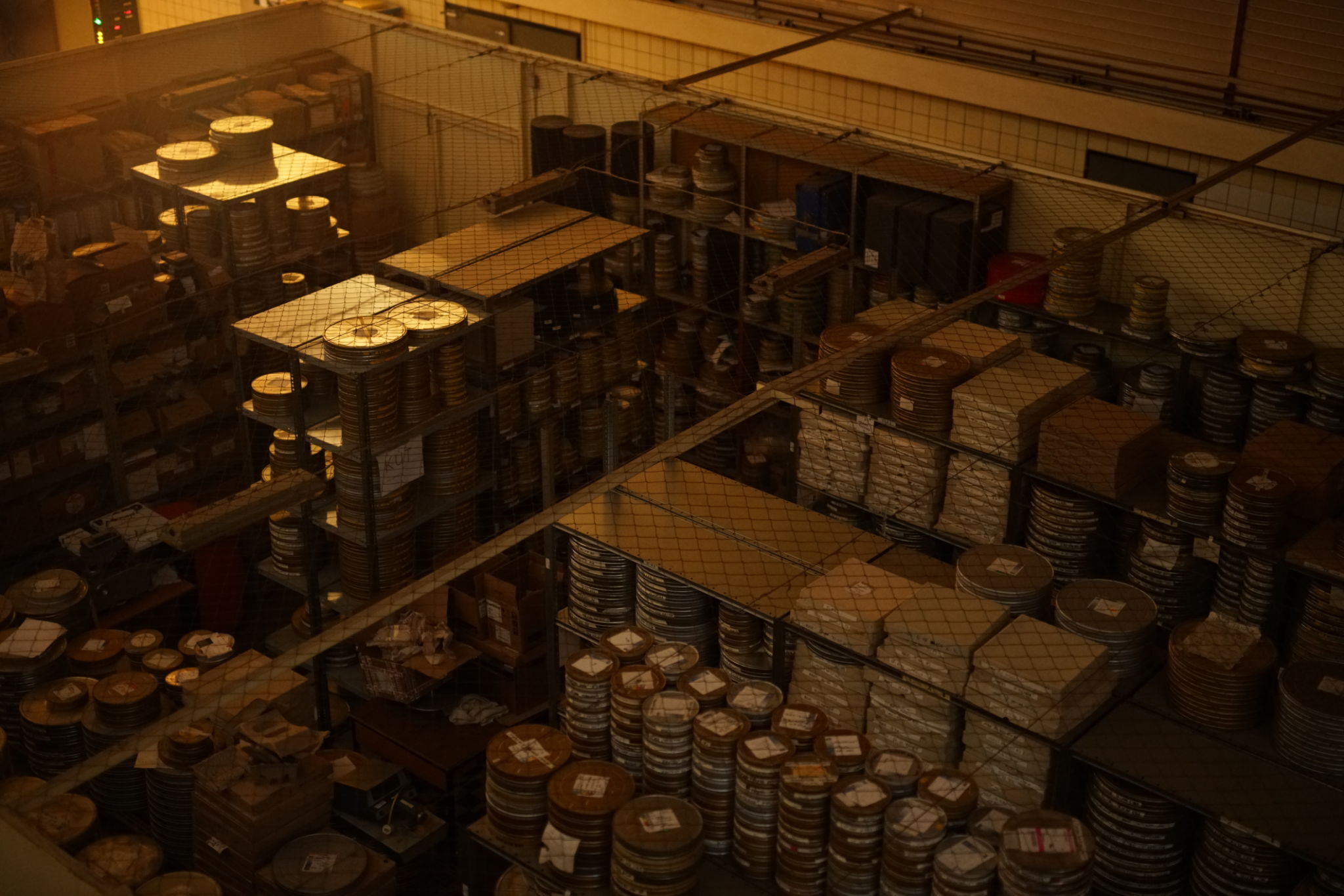Hungarian Cinema on the Global Stage: The Rise of War Dramas
The Emergence of Hungarian Cinema
In recent years, Hungarian cinema has garnered significant attention on the international stage, particularly for its compelling war dramas. This genre has become a powerful medium through which filmmakers explore the nation's tumultuous history, offering a poignant reflection on the impacts of conflict and its enduring legacies.
Hungary's rich cinematic tradition can be traced back to the early 20th century, but it wasn't until the late 20th and early 21st centuries that the country's filmmakers began to make a notable impact globally. The rise of war dramas has been particularly influential, bringing unique narratives and perspectives to audiences worldwide.

The Unique Appeal of Hungarian War Dramas
One of the distinguishing features of Hungarian war dramas is their focus on human stories amidst the backdrop of conflict. These films often delve into personal narratives, exploring the struggles and resilience of individuals during war times. By highlighting these intimate stories, Hungarian filmmakers provide a fresh and deeply emotional perspective on historical events.
The authenticity of these films is another factor contributing to their global appeal. Directors often employ meticulous attention to detail, ensuring historical accuracy and cultural authenticity. This dedication not only enhances the storytelling but also offers international audiences a genuine glimpse into Hungary's past.
Notable Hungarian War Films
Several Hungarian war dramas have achieved international acclaim, standing out for their gripping narratives and masterful cinematography. Among these is "Son of Saul," directed by László Nemes. The film provides an intense portrayal of life in a Nazi concentration camp, focusing on a Jewish prisoner forced to assist in the disposal of gas chamber victims.
Another notable film is "The Notebook," directed by János Szász. This haunting tale follows twin brothers navigating the chaos of World War II after being sent to live with their abusive grandmother. The film's stark portrayal of innocence lost during wartime has resonated with audiences worldwide.

Impact on Global Cinema
The success of Hungarian war dramas has not only elevated the country's status in the global film industry but also inspired filmmakers worldwide. By showcasing powerful narratives and innovative storytelling techniques, these films have encouraged other countries to explore their own historical conflicts through cinema.
Additionally, Hungarian war dramas have opened doors for co-productions and collaborations with international studios, further integrating Hungary into the global cinematic community. This has led to an exchange of ideas and techniques, enriching the film industry as a whole.
The Future of Hungarian Cinema
As Hungarian cinema continues to evolve, the potential for future masterpieces remains promising. The country's talented filmmakers are poised to explore new themes and genres while maintaining their distinctive storytelling style. This evolution will likely see an expansion beyond war dramas, encompassing a broader range of topics and narratives.

The global recognition of Hungarian cinema highlights the universal appeal of well-crafted storytelling and the power of film as a medium for cultural expression. As audiences continue to embrace these films, Hungary's contribution to the world stage is set to grow even further.